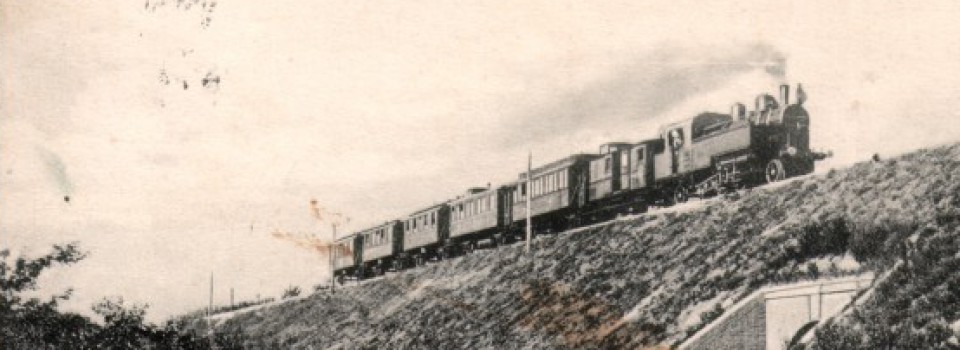Baron Béla Rédl (ca. 1833 – Kelebija, 1905) was a landowner. His parents were Countess Malvin Szécen and Baron Imre Rédl. The largest estate of Baron Béla Rédl was in the puszta of Kelebija, the surface of which amounted 11,081 chains. His land of 2,279 acres was one of the biggest possessions in the territory of Subotica, on the basis of which the baron was among the largest taxpayers. His castle was constructed there, the beauty and value of which were emphasised additionally by its well-kept garden and the famous stud farm. Concerning economy, he was an example of a nobleman who willingly caught up with the modernisation processes of the 19th century: he was the owner of one of the first steam engines in the town, the owner of a steam mill, one of the founders of the National Beekeepers Association (Bácska, Sombor, 10.1.1882) etc. In the field of politics, he represented conservative views: in the elections on Catholic autonomy in 1897, he was the representative of the clergy (Neven, 1.9.1897). As a very pious person, he built a chapel on his estate in 1863, while in 1905 his successors built a beautiful church in the Gothic style, from the money (170,000 crowns) inherited from the religious baron (Neven, 1.6.1905).
Mirko Grlica



